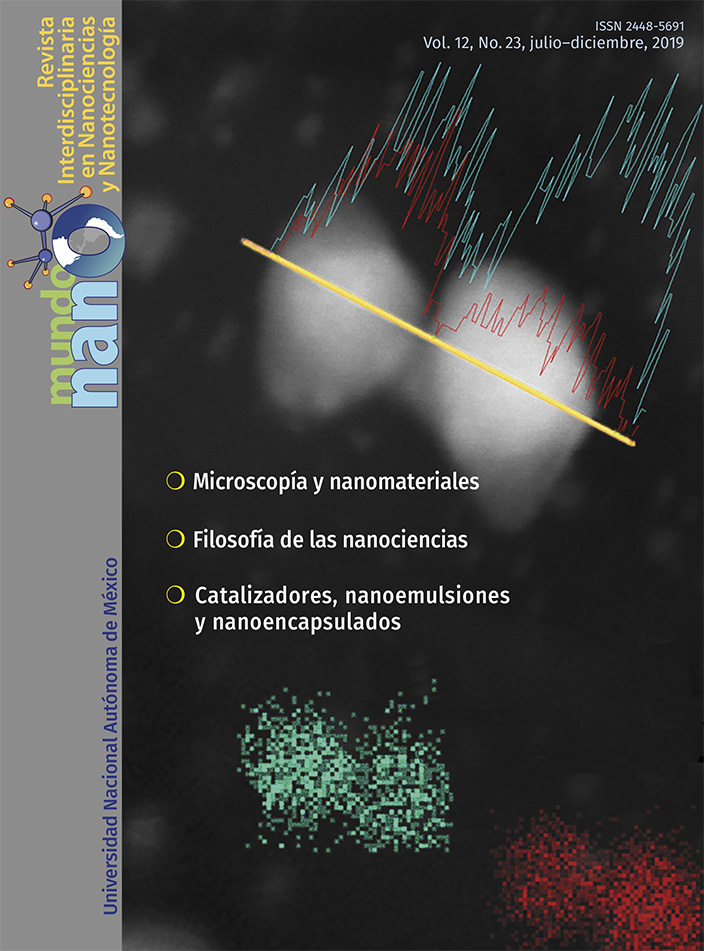Obtaining nanoemulsions using quillay saponins as a substitute for a syntethic surfactant
Main Article Content
Abstract
The objective of this work was to study synthetic surfactant substitution for natural origin one and to evaluate its effect on physical and oxidative stability of healthy nanoemulsions containing avocado oil. Healthy nanoemulsions were prepared using avocado oil as a lipid phase (5% wt/wt) and an aqueous phase consisting of water (89% wt/wt) and different surfactants (6% wt/wt): soy lecithin, Tween 80 and quillaja saponins, replacing Tween 80 by quillaja saponins from 0% to 100%. Physical characteristics (particle size, polydispersity index and zeta potential), and physical and oxidative stability of nanoemulsions were determined. Results showed that Tween 80 substitution by saponins affected significantly (p < 0.05) physical characteristics of nanoemulsions, since saponins were less efficient on particle size reduction; however, it was obtained a slight effect on polydispersity index (0.17-0.22) and zeta potential (-38.6 – -49.9 mV). In conclusion, quillaja saponins can be used as a substitute for a synthetic surfactant for development of healthy nanoemulsions with good physical and oxidative stability, however this natural surfactant is less efficient in obtaining particle sizes in nanometric scale (< 100 nm).
Downloads
Article Details

Mundo Nano. Revista Interdisciplinaria en Nanociencias y Nanotecnología por Universidad Nacional Autónoma de México se distribuye bajo una Licencia Creative Commons Atribución-NoComercial 4.0 Internacional.
Basada en una obra en http://www.mundonano.unam.mx.





